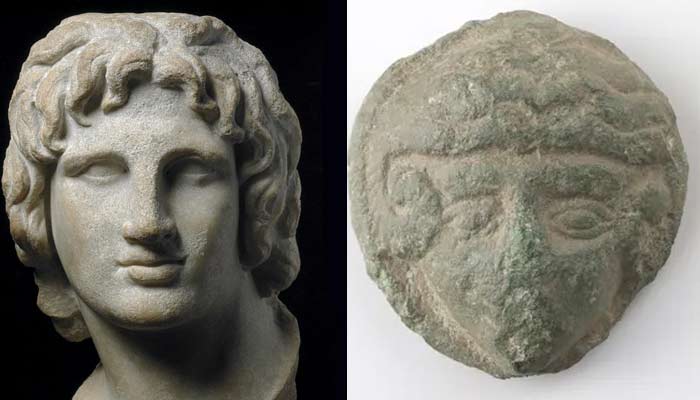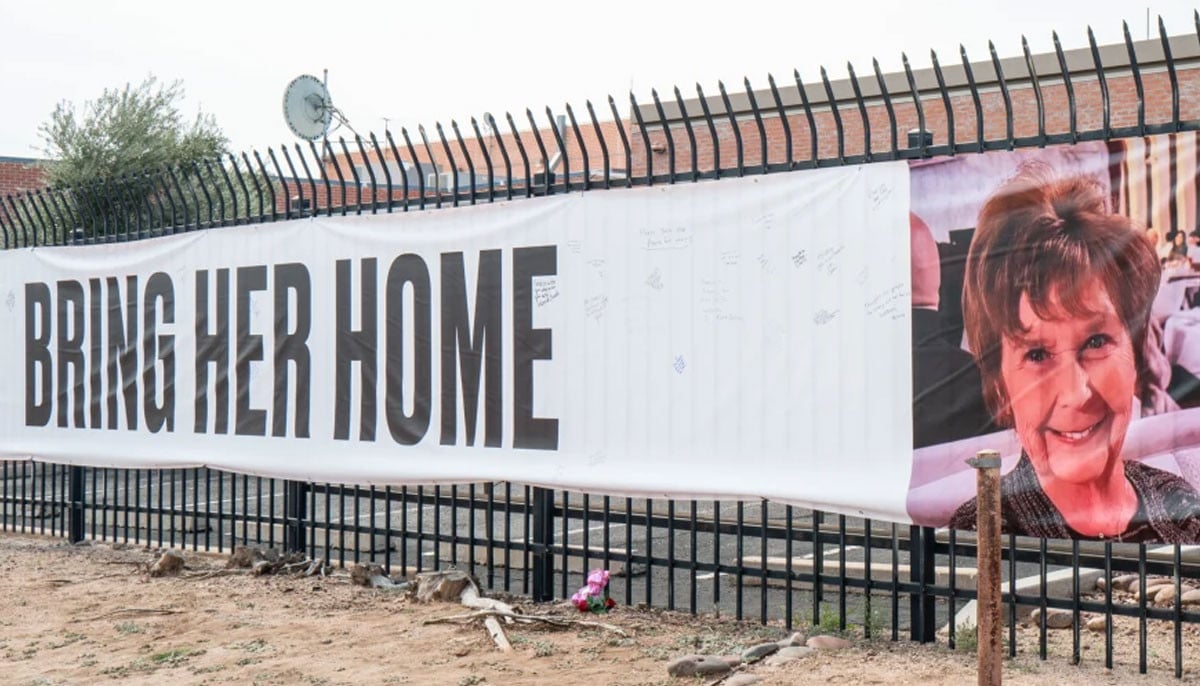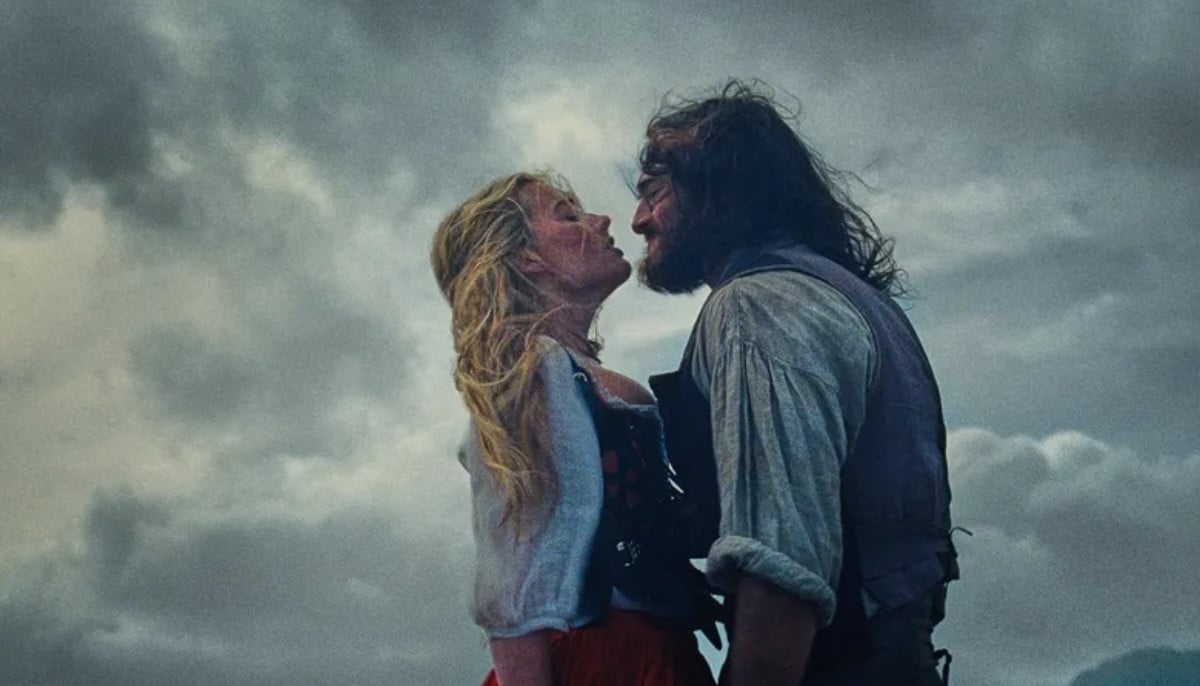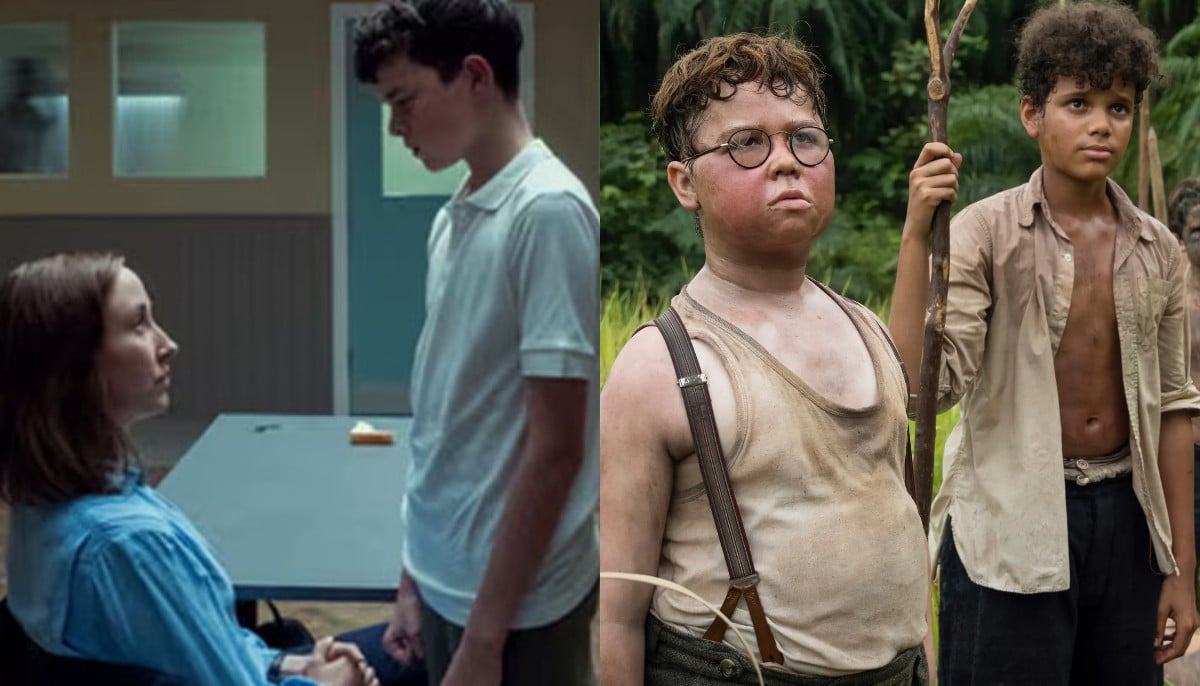Alexander the Great's mini portrait finally found after 1,800 years
Alexander the Great's bronze portrait is discovered in Denmark
Alexander the Great's 1,800-year-old miniature bronze portrait has been discovered by the metal detectorists on an island in Denmark.
While undertaking survey work in a field west of Ringsted, a city on the Danish island of Zealand, Finn Ibsen and Lars Danielsen made the discovery.
They then turned over the artifacts to Museum West Zealand, Danish news outlet TV2 Øst reported.
According to a statement from Museum West Zealand, the bronze fitting — also known as a bracket — is cast of bronze alloy, has a diameter of around 1 inch (2.7 cm), and features an engraved picture of a man with wavy hair wearing a crown made of twisted ram horns.
Archaeologists recognised the image immediately as that of Alexander the Great, the fabled founder of the ancient Macedonian monarchy, whose empire by the time of his death at the age of 32 spanned the Balkans to present-day Pakistan.
The piece "has the typical attributes of Alexander the Great, such as his distinct, wavy hair and ram horns," Freerk Oldenburger, an archaeologist at Museum West Zealand, told Live Science.
"The image is almost identical to another bracket portrait found years ago that contains the same stylised image."
A different group of archaeologists in Jutland, Denmark, found this piece along with a metal bracket.
It was hidden among a stockpile of weapons and likely served as an "ornament worn on a silver shield mount — it was a way to show off," Oldenburger said.
-
Hilarie Burton reveals Valentine's Day plans with Jeffrey Dean Morgan
-
Jacob Elordi, Margot Robbie on 'devastating' scene in 'Wuthering Heights'
-
China to implement zero tariffs on African imports in major trade shift
-
Jack Thorne explains hidden similarities between 'Lord of the Flies' and 'Adolescence'
-
Elon Musk vs Reid Hoffman: Epstein files fuel public spat between tech billionaires
-
New Zealand flood crisis: State of emergency declared as North Island braces for more storms
-
Nancy Guthrie case: Mystery deepens as unknown DNA found at property
-
James Van Der Beek's final conversation with director Roger Avary laid bare: 'We cried'












